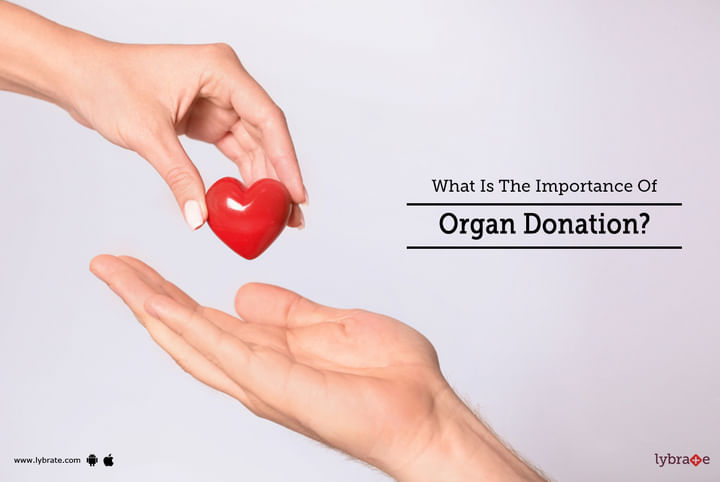What Is The Importance Of Organ Donation?
Organ donation is a process in which you donate your organs that will be given to a person who is in need. Most common organs that are donated are the heart, liver, kidneys and pancreas.
Many organs and tissues can be donated by living donors such as part of the kidney and liver. However, most donations occur after the donor has passed away.
Why is organ donation important?
According to numbers, almost 5 lakh people lose their lives every year due to the unavailability of organs. Compared to other countries, India has a low organ donation rate.
This is why patients who need organs have to wait out a long waiting list for their turn.
What can you donate?
You can donate the following organs –
- Heart, kidney, liver, pancreas, lungs and intestines
- The corneas in your eyes
- Body tissues such as skin, bones, tendons and heart valves
- Face and hands
- Bone marrow and blood stem cells
- Blood
Why you should donate organs
-
You can impact multiple lives - You can donate organs and improve the lives of more than eight people. You can restore their eyesight, heal damaged tissues or even get their vital organs working through your donation.
-
It can be a rewarding experience - Organ donation can be a very rewarding experience. You will get to see the joy and gratitude on the faces of the families. Moreover, the act of saving a life by donating an organ is extremely rewarding and fulfilling.
Organ donation is something you have to consider. It is a powerful way to help someone in need. A donated organ not only affects the recipient, but it also affects their families, colleagues and friends.
So take a pledge today to donate your organs to someone who needs them. Make a major difference in people’s lives through organ donation.



+1.svg)
